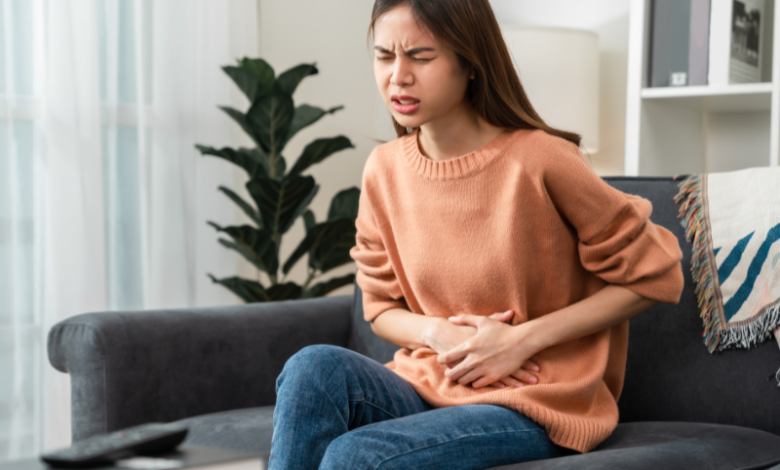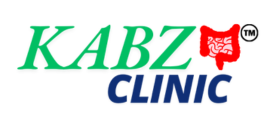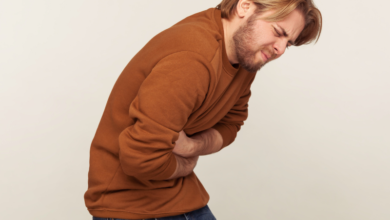Diverticular Disease: Causes, Symptoms, and Treatment
Diverticular Disease: Understanding the Condition

What is Diverticular Disease?
Diverticular disease is a condition where small pouches (diverticula) form in the wall of the large intestine. These pouches can become inflamed or infected, leading to diverticulitis.
What are the symptoms of Diverticular Disease?
· Abdominal pain, often in the lower left side
· Constipation
· Diarrhea
· Nausea and vomiting
· Fever
· Chills
· Blood in your stool
Who can suffer from Diverticular Disease ?
Diverticular disease is most common in people over the age of 40, but it can affect people of any age. It is more common in people who have a diet low in fiber, and in people who are overweight or obese.
What are the types of Diverticular Disease?
· Diverticulosis: This is the presence of diverticula without any inflammation or infection.
· Diverticulitis: This is when one or more of the diverticula become inflamed or infected.
· Diverticular abscess: This is a collection of pus that forms in the wall of the intestine.
· Perforated diverticulitis: This is when the wall of the intestine ruptures.
Which diagnostic tests are available for Diverticular Disease?
· CT scan
· Colonoscopy
· Barium enema
· Blood tests
What is the treatment of Diverticular Disease?
- Mild cases of diverticulitis can be treated with antibiotics and a liquid diet.
- Severe cases of diverticulitis may require hospitalization and intravenous antibiotics.
- In some cases, surgery may be necessary to remove the affected part of
the intestine.
Which diet I should take, if any?
A high-fiber diet is recommended to help prevent diverticular disease. This includes eating plenty of fruits, vegetables, and whole grains.
Which speciality of the doctor will treat Diverticular Disease?
Diverticular disease is treated by a gastroenterologist.
Is Diverticular Disease completely curable?
Diverticular disease is not completely curable, but the symptoms can be managed with proper treatment and lifestyle changes.





